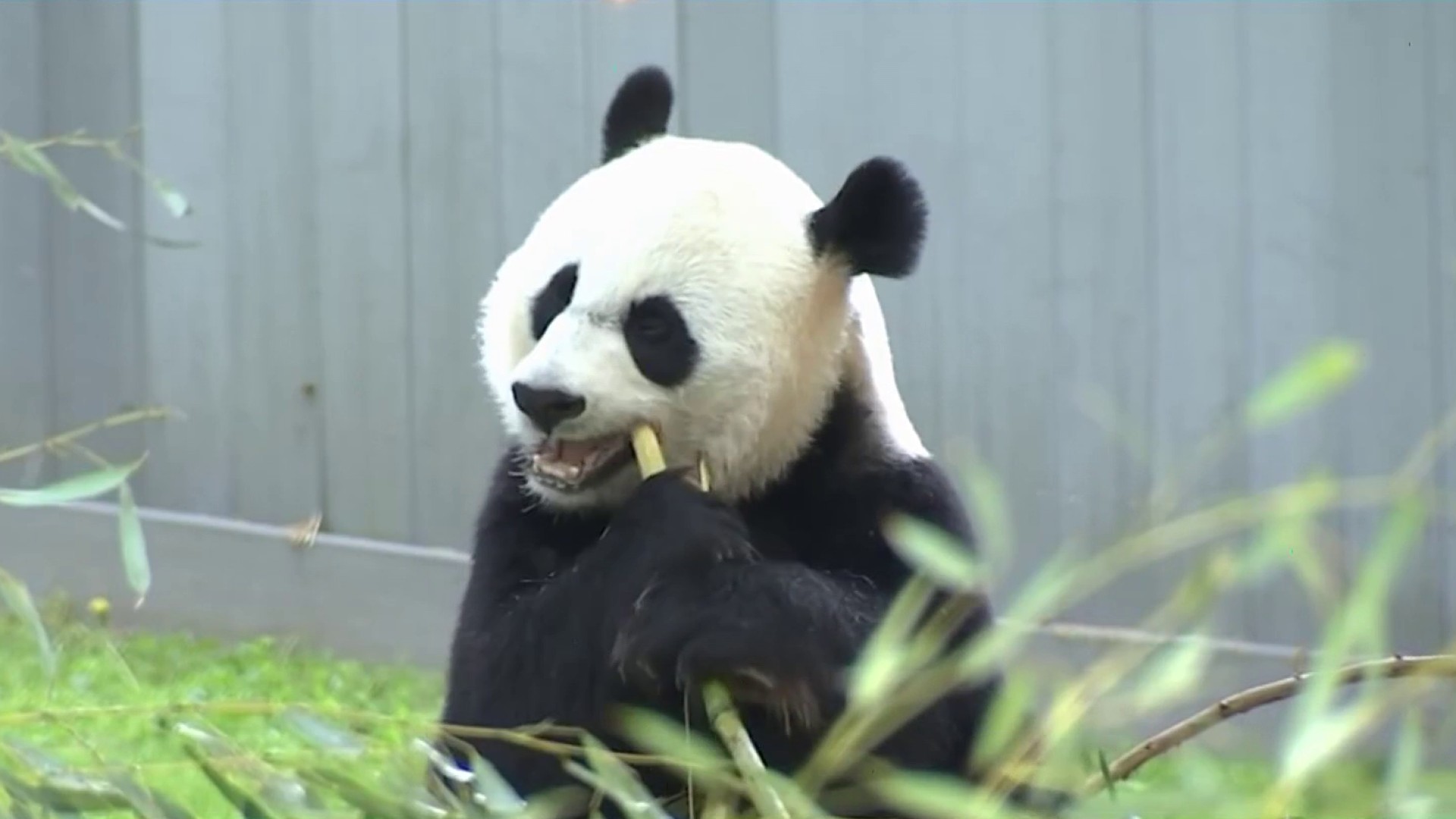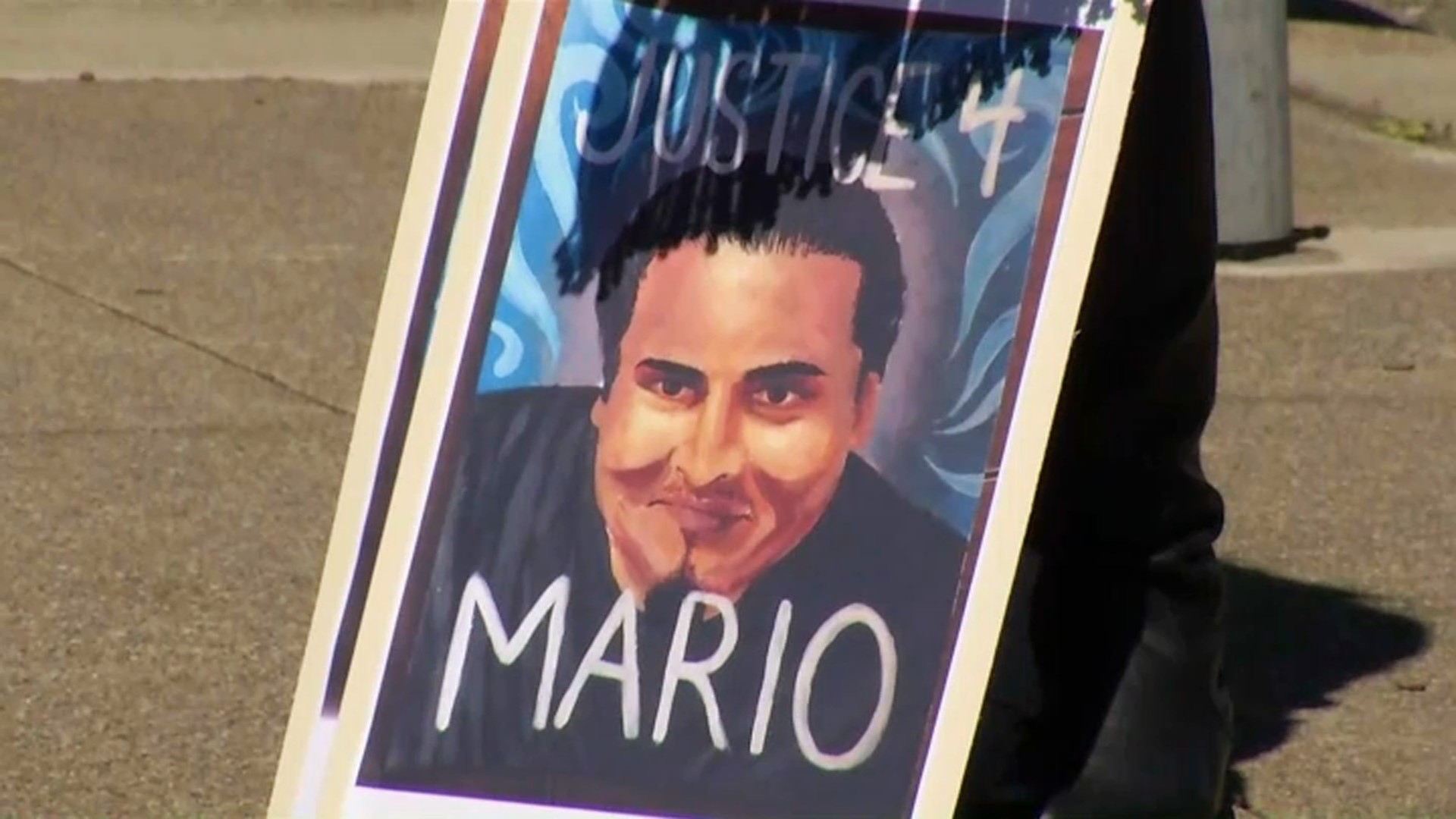Tucked into the crest of the Napa Valley, this historic hot springs resort may be better known for mud baths than merlot. But lately wine's been at the forefront of a fierce debate here: Who has the right to the Calistoga name?
Some area vintners, like Bo Barrett, master winemaker and general operations manager of the Chateau Montelena Winery, say wines sold under the name Calistoga should be made with local grapes.
"It's a matter of principle and integrity," Barrett said.
But Roger Louer, founding partner of Calistoga Cellars, says it's unfair to demand that he change the company name.
"We feel we very easily could be put out of business," he said.
Wine from Calistoga Cellars is made from grapes grown all over the Napa Valley, as opposed to just Calistoga.
The issue is pending before federal regulators.
Local
How it turns out is sure to be of interest in the wine world, where tiny Calistoga has a big reputation.
Chateau Montelena is one of the California wineries that shocked the French at the 1976 tasting known as the "Judgment of Paris," producing the winning chardonnay in a bit of wine country drama that was the inspiration for the 2008 movie "Bottle Shock."
Other notable Calistoga wineries include Schramsberg Vineyards, a leading producer of sparkling wine that has often been served at the White House and was used by former President Richard Nixon to toast peace with Chinese Premier Chou En-lai.
Despite those early successes it wasn't until 2003 that Barrett filed a petition with the Alcohol and Tobacco, Tax and Trade Bureau (TTB) asking that the region be designated an American Viticulture Area, which would mean wines using the name would have to be 85 percent Calistoga grapes.
Barrett credits an unfortunate skiing accident with giving him the time to digest and complete the paperwork.
Two wineries challenged the petition, including Calistoga Cellars. Regulators responded with a proposal to grandfather in Calistoga Cellars, provided they made a notation on the label that they're not claiming to comply with the 85 percent rule.
Local vintners, backed by some California congressmen including Rep. Mike Thompson, D-St. Helena and co-chair of the Congressional Wine Caucus, are protesting that idea as watering down the Calistoga brand.
"Calistoga, more than just about any place in the United States, deserves to have an AVA named for itself," said Eric Sklar of the Alpha Omega Winery in Rutherford. "Anybody who's been misuing that name should be stopped from doing so."
Barrett, Sklar and others flew to Washington recently to make their case against the TTB proposal.
Louer, who also has some support in Congress, says he's not trying to mislead consumers, pointing out that he labels his wines as sourced from the larger Napa Valley.
"We're all for this new Calistoga AVA," said Louer, "but it's just crazy that we would be but out of business because of it."
Along with the Calistoga issue, the TTB is proposing revising the AVA process in general, bringing more scrutiny on applications and creating a system to grandfather in existing brands.
Rex Stults, industry relations director for the Napa Valley Vintners, calls the revisions a "terrible idea," that counters the industry trend of giving consumers detailed information about where the grapes in their wine originate, similar to the European system where, for instance, only a sparkling wine from the Champagne region can bear that name.
Back in Calistoga, the issue is being closely watched. It's unclear when federal regulators will make a decision as the Obama administration continues reviewing issues left over from the Bush White House.
"I do think it's important," said Michael Dunsford, owner of the Calistoga Inn, a turn-of-the-century hotel (and since 1987 also a brewery) on Calistoga's main street. "Calistoga has a climate of its own. It's a special region within the wine country and deserves its own designation."



